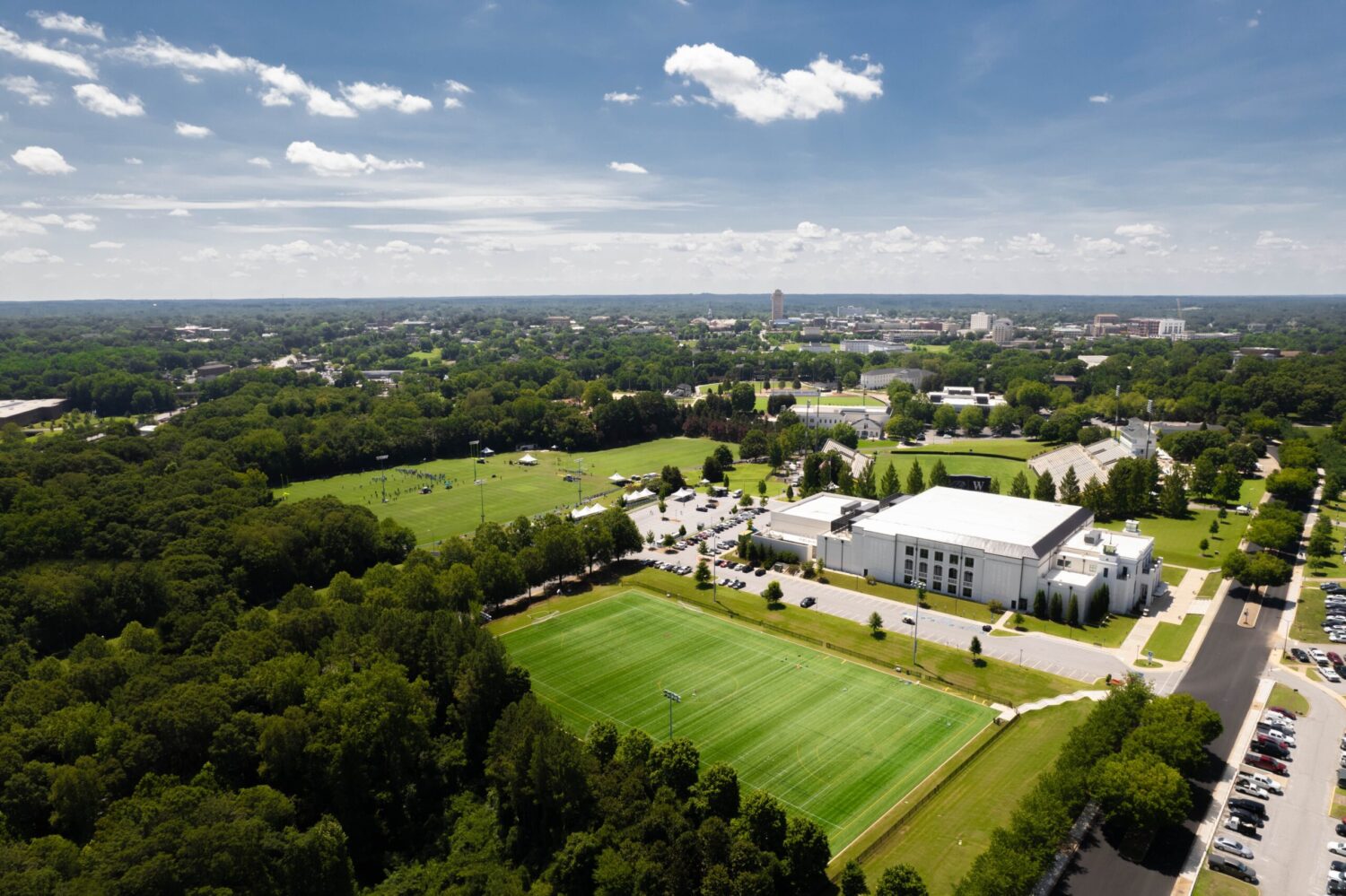Not all colleges are the same! If you’re wondering which college is best for you, here are the most common types of colleges and universities.
Private College/University
Private colleges/universities are four-year schools that don’t receive government funding and rely mainly on tuition, fees, and private funding sources. Private donations allow some private schools to provide generous financial aid packages, which helps offset tuition costs and makes the price comparable to public schools. If you like seeing familiar faces around campus, you may enjoy this type of college because they tend to be smaller and more intimate.
Public Colleges/Universities
Public colleges/universities are four-year schools that receive funding from the government. This funding allows them to offer lower tuition and fees. Public schools classify students as either “in-state” or “out-of-state.” In-state residents pay lower tuition since their tax dollars are supporting that institution. Public colleges and universities tend to be larger in size and student body and offer many majors and on-campus clubs.
Junior/Community College
Junior/community colleges are two-year schools that offer courses parallel to the first two years of a four-year school. Admission is open access, so the school will admit you if you apply and meet all of the basic requirements. Although the school may be open access, some programs may implement selective admissions and enrollment limits. The price tag for these colleges is lower than private or public four-year institutions because they don’t offer everything you’d get at a four-year school. If you’d like to take basic courses at a lower cost and transfer to a four-year school later, or you want to pursue a career that only requires a two-year degree, you should consider this type of college.
Liberal Arts Colleges
Liberal arts colleges are typically small, four-year schools with an intimate campus setting and a diverse, well-rounded curriculum. As a student at a liberal arts college, you can expect to take courses in literature, history, languages, math, and science to complement the classes within your major.
Vocational or Technical School
Vocational and technical schools offer certification or training within a highly specialized field like welding, culinary arts, or dental hygiene. Most programs lead directly to a career in a short period of time.
If you already know what career you’d like to pursue, find out what education and training you need to land a job in that field. If you don’t know what you want to pursue, that’s ok too! Pick a school that offers a variety of programs and classes so you can explore all your career possibilities!
